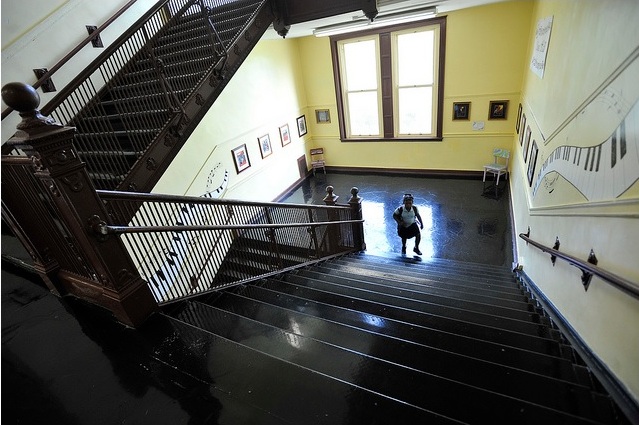CPS Lays Off Over 1,100 Employees
By Chuck Sudo in News on Jun 26, 2014 10:15PM
For the second consecutive year, Chicago Public Schools sent pink slips flying shortly after the end of a school year. The school district laid off 550 teachers and another 650 school staffers represented by the Chicago Teachers Union Thursday. CPS CEO Barbara Byrd-Bennett blamed the layoffs on declining enrollments and affect 33 percent of CPS-controlled schools. She also took umbrage with the use of the term "layoffs," instead preferring to call those who were released "impacted teachers."
“I really want to correct the language because I think it’s misleading when we say ‘layoffs’ and it’s not semantics actually," the Sun-Times quoted Byrd-Bennett as saying.
CPS is projecting 1,780 teacher vacancies for the upcoming school year and the "impacted teachers" can re-apply for vacancies caused by retirements and transfers. Roughly 60 percent of the laid off teachers land new jobs elsewhere at CPS. The non-teaching positions include classroom assistants, clerks and some part-time security; it's unknown if Byrd-Bennett considers them to be "impacted,"as well. The district would not provide a breakdown of teachers laid off from elementary schools versus high school, nor would they release a list of affected schools or positions.
CPS hiring chief Alicia Winckler said during a conference call the district's first priority is to reach out to the laid off employees "to honor them and make sure they are the first ones who hear the message."
Last year, CPS "impacted" the lives of 850 employees at schools that were designatedfor closing or turnaround.
Chicago Teachers Union president Karen Lewis called the layoffs "yet another brutal attack on public education in Chicago."
“While the district claims that most of the cuts are due to drops in enrollment, there are an ever-increasing number of charter schools siphoning students out of public schools and contributing to a system of dysfunction and instability that leads parents to seek other options for their children. The situation serves to underscore the unacceptably low level of funding that Chicago’s neighborhood schools receive, as every time teachers and other staff are cut, it is harder for schools to serve communities, and the teachers who remain have to shoulder more and more of the burden.“This decision further demonstrates the disdain for public education and the lack of leadership and vision for the city from our mayor and his handpicked Board. Do we want “Star Wars” museums or public, neighborhood schools? Do we want presidential libraries or librarians for every child?”
